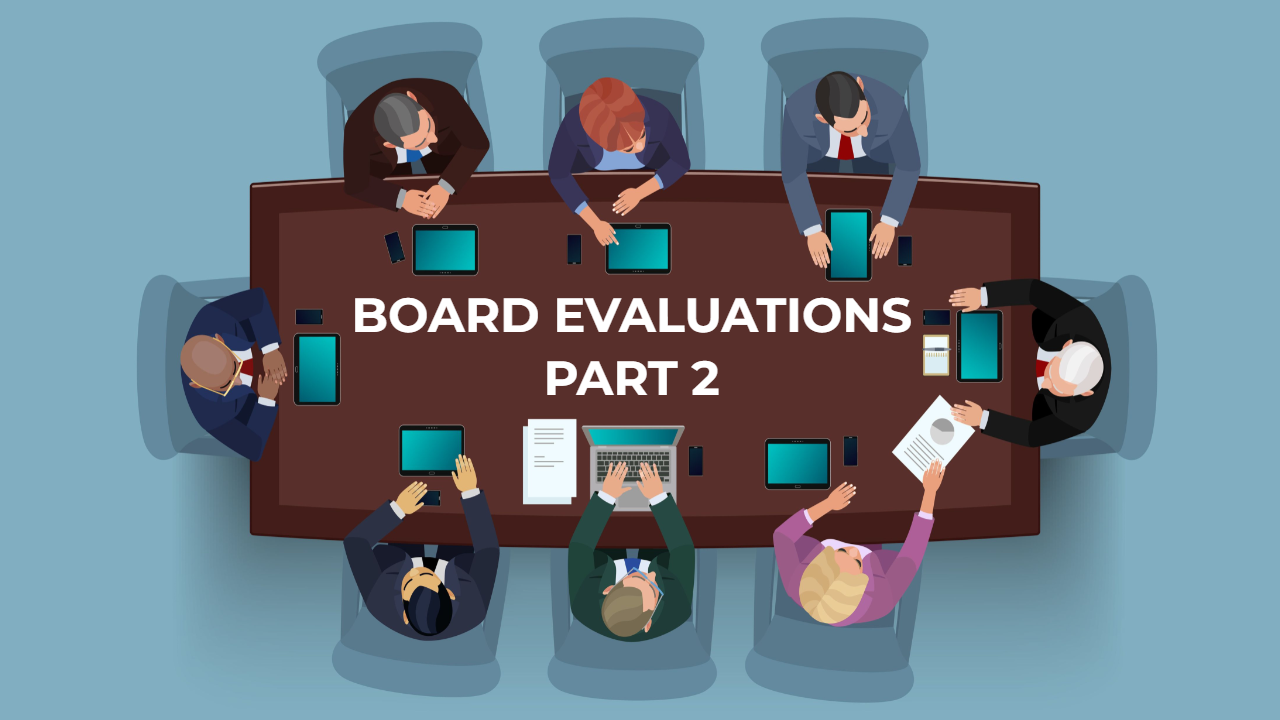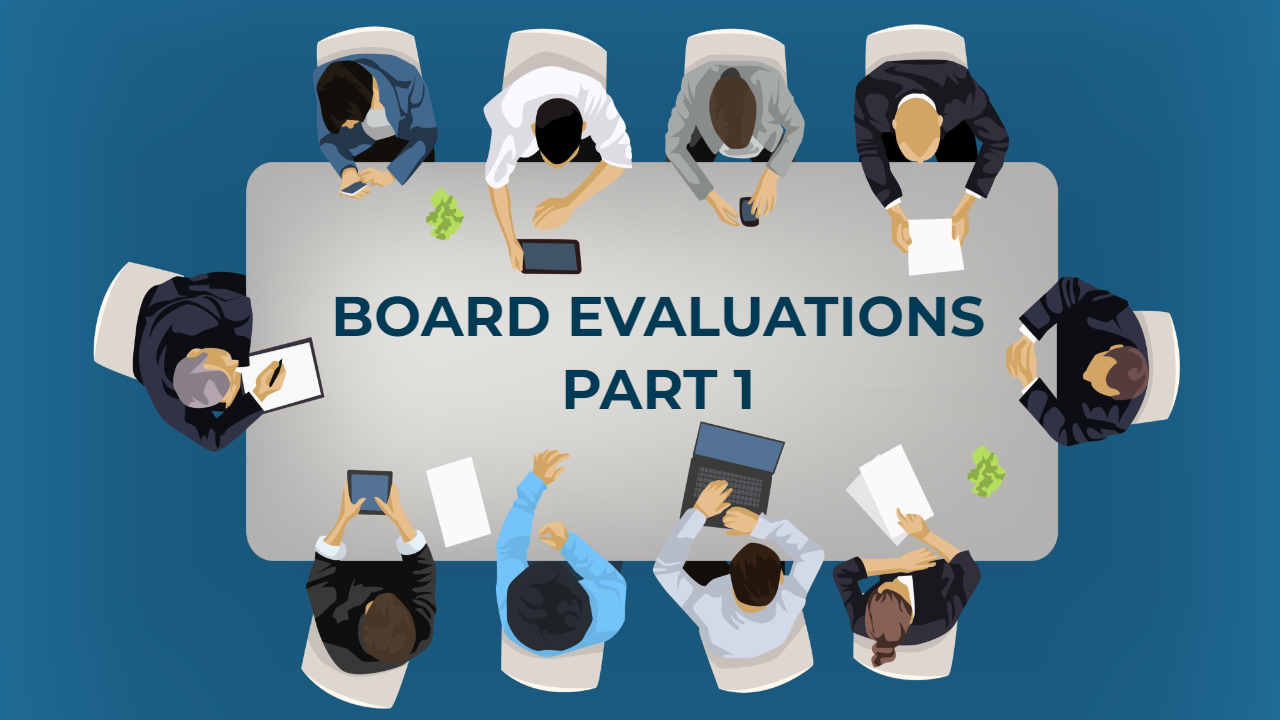The Savvy Director Blog
Welcome to our blog.
Wherever you are on your governance journey, you'll find this is a place to build your knowledge, discover the latest thinking, and explore valuable insights about your director role.
If you want to up your game at the board table, no matter the size of your board or the type of organization you serve, subscribe below to receive a weekly link right in your inbox.
A Critical Thinking Mindset


Critical thinking is a key skill for board directors. But does that mean a director is expected to be constantly negative, cynical, and hyper-critical?
Not at all.
Critical thinking isn’t about criticizing. It’s about how you approach problems, issues, and arguments. It’s about asking questions like ‘Why?’ or ‘How?’ or ‘What happens if?’ It’s about objectivity, having an open mind, and relying on evidence to understand what’s really going on.
And when your understanding is deeper, your co...
The Minute Book


One of the first things to happen at every board meeting is the approval of the minutes of the previous meeting. Until that happens, the minutes are still considered a draft.
It’s an important step, even though it might just take a few seconds. That’s because minutes are the official record of what happened at the previous board meeting – who was there, what decisions were made, and what actions were planned.
What exactly should you be looking for in the minutes before you vote to approve th...
Governance in the News - Yet Again


Our too-short summer is drawing to a close, and, with that, DirectorPrep’s hiatus from weekly blog production has ended. Fortunately, the news cycle has brought us the gift of content.
Hockey Canada is the governing body of Canada’s most beloved sport - a non-profit organization with a board of volunteer directors. But don’t kid yourself – this is big business. And now it’s in hot water and its board is under public scrutiny. That makes it fodder for our third installment of “Governance in t...
How Do We Make Money?


You may find the term “business model” thrown around in the boardroom.
In this Savvy Director article, we’ll explore what it means, how it differs from strategy, and what the board’s role is, and what directors need to know to fulfill their role with respect to the organization’s business model.
And if the board you serve is in the non-profit sector, not to worry. There’s plenty here for you as well.
What is a business model?
The term business model is one of those things people recogn...
Evaluating the Individual Director


This is the third in a series of four Savvy Director articles dealing with various aspects of board and director evaluation. The first two articles in the series, “From Compliance to Improvement” and “From Evaluation to Action,” explored the board evaluation process. The fourth will deal with meeting evaluations.
We’ve spent the last two Savvy Director articles delving into the process of evaluating the board of directors – looking at areas such as governance, performance, oversight, dynamics...
From Evaluation to Action


This is the second of a series of four Savvy Director articles dealing with various aspects of board and director evaluation. The first article in the series, “From Compliance to Improvement,” explored various approaches to the board evaluation process. The third and fourth in the series will deal with individual director evaluations and meeting evaluations.
“The truth is that every director wants to serve on a great board. Every Board Chair wants to lead a great board. Every Chief Executiv...
From Compliance to Improvement


This is the first of a series of four Savvy Director articles dealing with various aspects of board and director evaluation. Our next article, “From Evaluation to Action,” will explore key success factors, followed by articles on the topics of individual director evaluations and meeting evaluations.
“How do you take a board that’s good – and make it truly great? How do you take a board that’s great and retain its vibrancy over the years? The answer, believe it or not, is with a board evalua...
Bringing Design into the Boardroom


One of my favorite things about my role at DirectorPrep is that, when I come across a new idea or an interesting concept in the world of board governance, I get to share it with our Savvy Director readers.
That’s how today’s blog came about. While researching an entirely different topic, I came across a series of articles from the Institute of Directors of New Zealand (IoD NZ) about applying the principles and practices of design thinking in the boardroom.
I found the concepts to be quite ...
Shifting into High Gear


Living in a VUCA World





